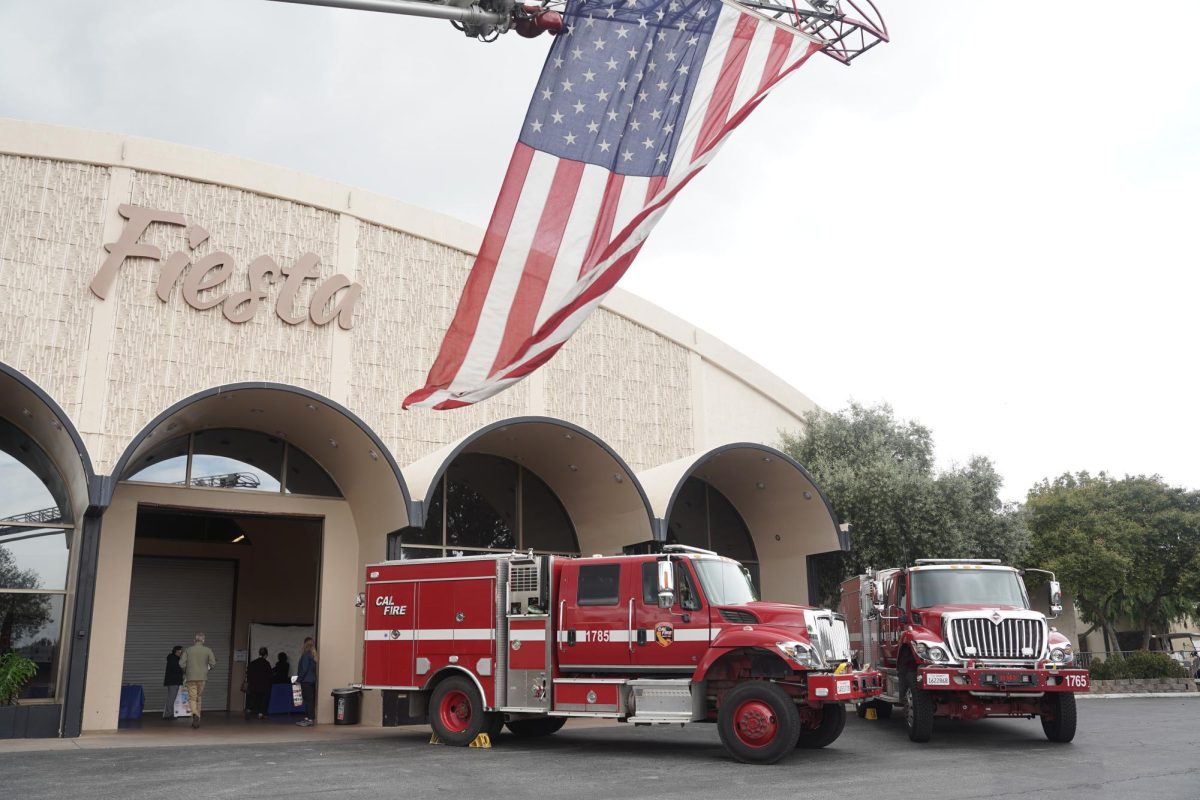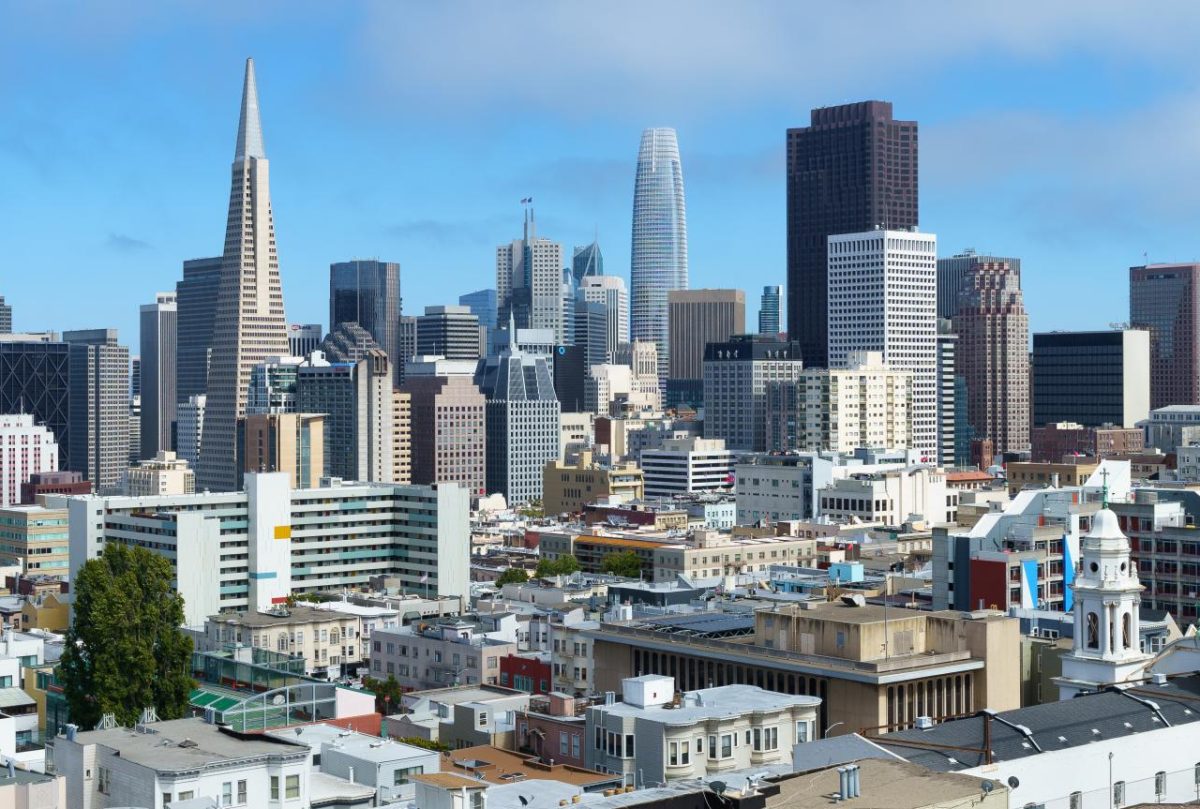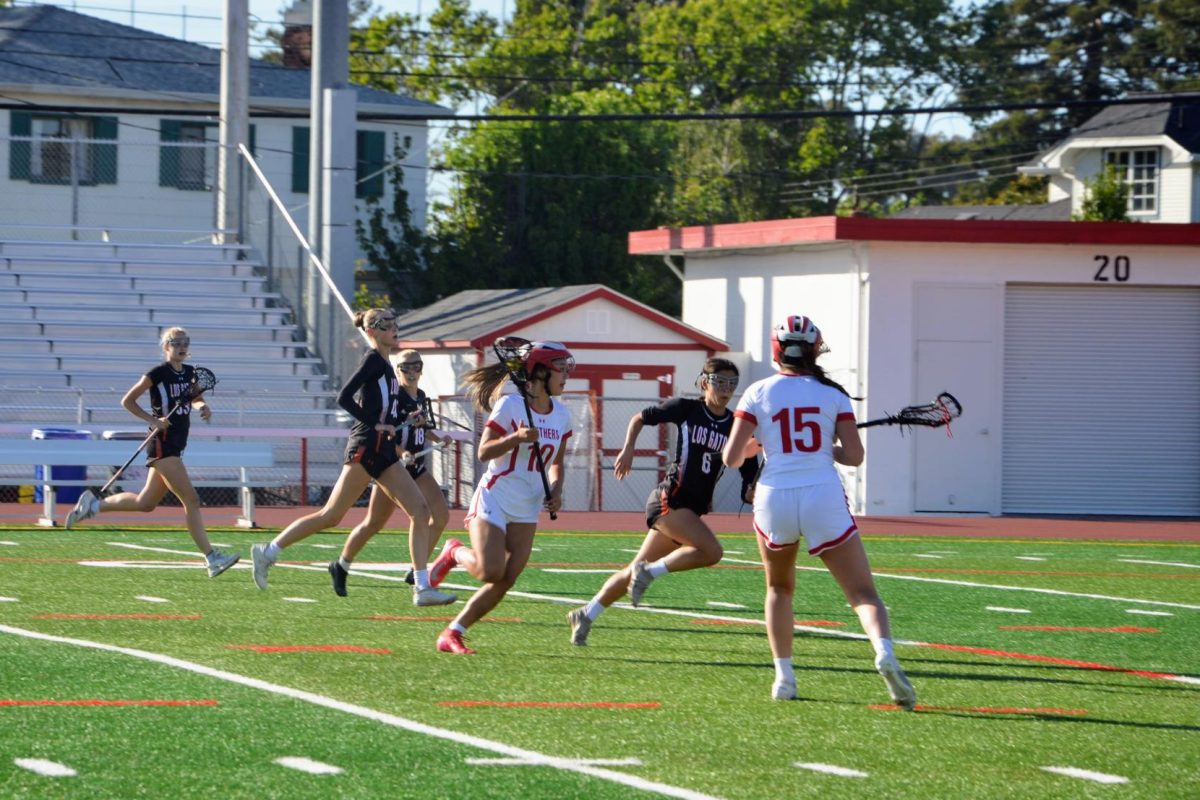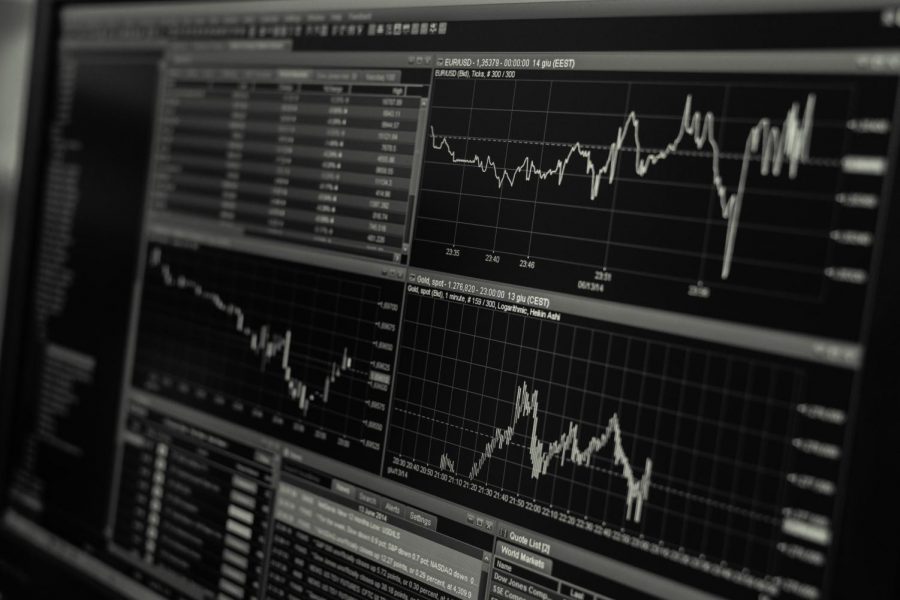Show me the money
February 20, 2019
December 2018 marked the stock market’s worst December performance in U.S. history since the Great Depression, according to CNBC.
“What happened in December is what they call a market adjustment,” economics teacher Peter Medine said. “The stock market had been going up for an extended period of time, and it was probably overvalued, so people started to feel that it was not going to be sustainable, and they started to sell some of their stock.”
The Dow Jones, NASDAQ and S&P 500 all lost over two percent, as each index dropped 10 percent from their highest points. These American stock market indexes are based on market capitalizations and trading histories of significant, publicly owned companies and reveal the success or decline of the market as a whole. These increases and declines can be caused by a number of factors from politics to trade wars.
“The U.S. and China are having a trade war and are going back and forth placing tariffs on each other. That causes a lot of investors to get scared and want to sell their stocks immediately and pull out of the market. A lot of selling and less buying causes a drop in the market just due to laws of supply and demand,” sophomore Vedika Bhaumik, an active investor in the stock market, said.
One year after President Trump’s inauguration, the Dow Jones had risen 32.1 percent. A historically high increase, this market boost led to an overvaluation of stocks, which brought the economy to where it was in December.
“It’s like an athlete that’s hitting 400 in baseball,” Medine said. “They’re really tearing the cover off the ball, but we know that the athlete is not a 400 hitter, he’s just having a hot streak, and he’s going to come back down to hitting 300, let’s say, or 250. The market is saying it’s overvalued … These stocks are not worth this much and then there was a natural market correction. Then the economy takes a huge hit because it’s been going up for too long.”
The December correction is over, and the market has returned to normal. While some lost money in stocks, others took advantage of low prices and bought while cheap. However, buying stocks during a period of economic lows can be risky, as trends could continue to downturn. Such movements to sell can cause further panic, as seen in the Great Depression.
“Right now the market is very volatile so it’s kind of hard to observe a trend, but I would probably say that you’d have to look at a lot of political events in order to figure out if the market’s going to go up or down,” Bhaumik said.
The future of the economy is still in question. A survey of professional financial managers and analysts done by the Boston Consulting Group revealed that 73 percent of investors expect a recession within the next two years.
“I think we’re headed for another massive ’08. The problems that caused ’08 have not been addressed enough, not even close,” Medine said. “Banks aren’t as regulated as they used to be. So some of the same problems that happened in ‘08, I foresee happening again.”










































